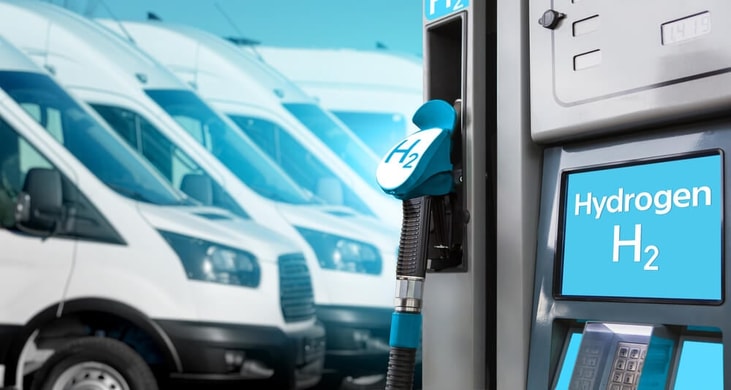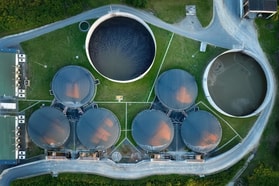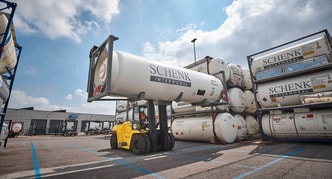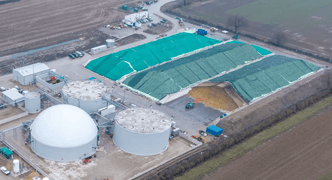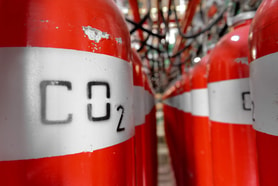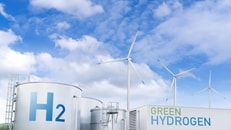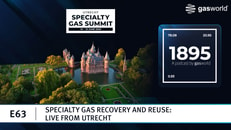PDC Machines exhibits all-in-one hydrogen refuelling station at G7 Summit
US-based PDC Machines recently attended the G7 political forum, showcasing its SimpleFuel all-in-one small-scale hydrogen refuelling station.
Marking the 49th summit of the landmark intra-governmental conference, this year’s G7 Summit included exhibitions from a range of international and Japanese companies involved in the manufacture of hydrogen-related products.
Having established a subsidy programme to promote the installation of hydrogen supply facilities for fuel-cell vehicles, the Japanese Ministry of Economy, Trade and Industry (METI) has extended this programme to include small-scale hydrogen supply facilities such as PDC’s SimpleFuel.
With the company receiving orders from Japanese customers for five locations in Japan, Kareem Afzal, CEO of PDC, praised the opportunity to demonstrate its technology at the event.
... to continue reading you must be subscribed

